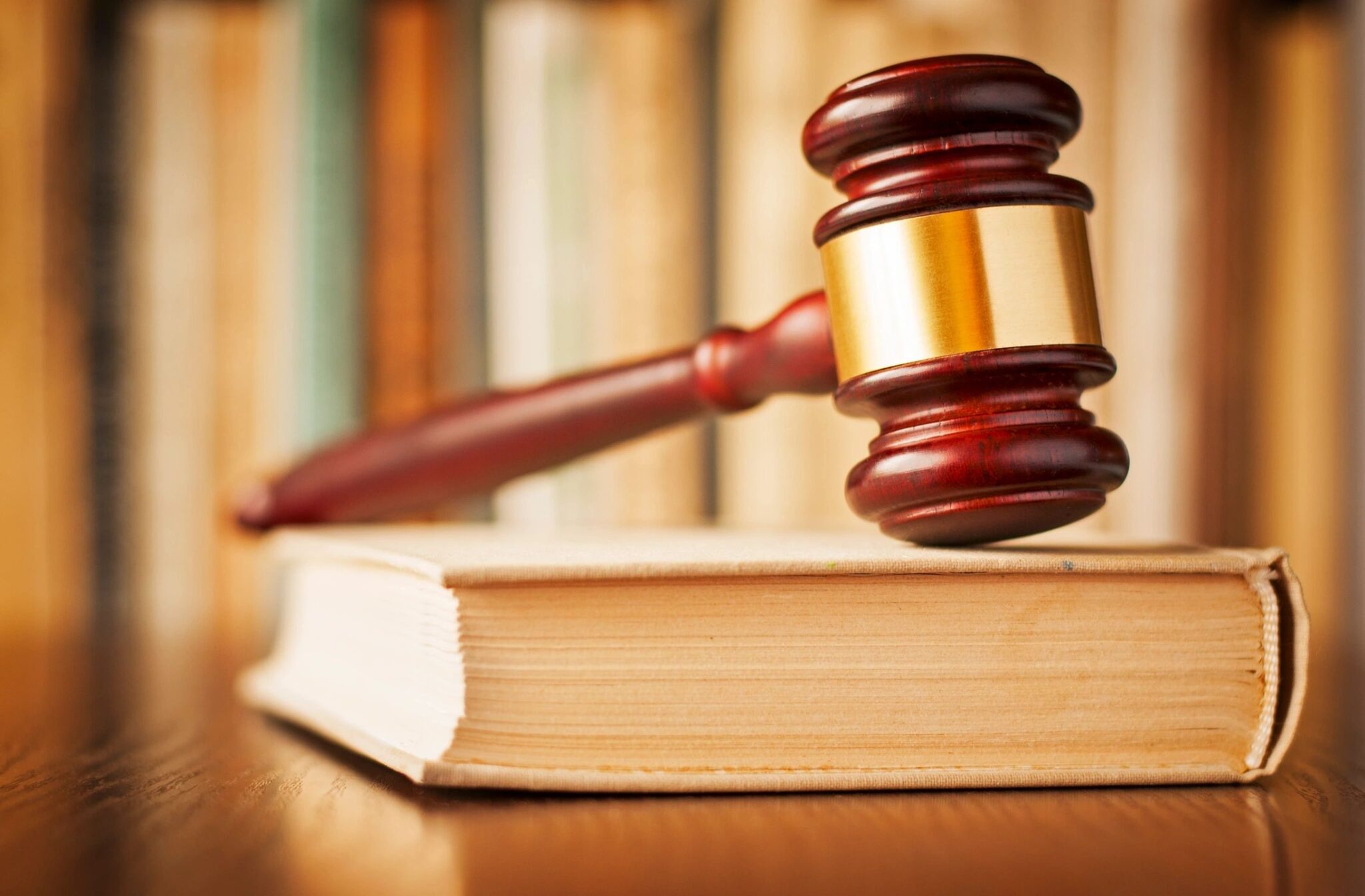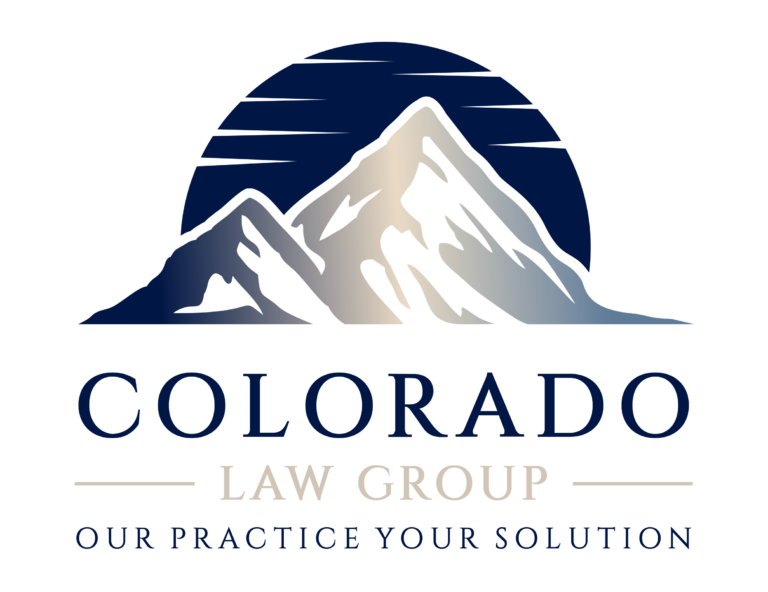
What is Litigation?
Litigation refers to the process of resolving disputes or conflicts between parties through the court system. It involves bringing a legal action before a court, which then adjudicates the matter based on applicable laws and evidence presented by both sides. Litigation typically encompasses various stages, including filing of the lawsuit, pre-trial procedures such as discovery (exchanging evidence), trial, and potentially appeals if either party is dissatisfied with the outcome. The goal of litigation is to obtain a resolution to the dispute, often in the form of a court judgment or settlement agreement.
The importance of an experienced litigation lawyer
Having an experienced litigation lawyer on your side is vital as they can guide you through every step of the legal process. An experienced attorney can help you evaluate the strengths and weaknesses of your case, advise you on different legal strategies, and represent your interests in court. Additionally, a skilled litigator will assist in gathering crucial evidence, negotiating settlements, and ensuring your rights are protected throughout the process.
Stages of the litigation process typically include:
Pre-Litigation
This stage involves attempts to resolve the dispute before filing a lawsuit. It may include negotiation, mediation, or arbitration.
Pleadings
The formal initiation of a lawsuit begins with the filing of a complaint by the plaintiff, which sets forth the legal and factual basis for the claim. The defendant then responds with an answer, admitting or denying the allegations and asserting any defenses. In some cases the defendant may file a motion to dismiss prior to filing an answer.
Discovery
This stage involves the exchange of information and evidence between the parties. Discovery methods may include requests for documents, written interrogatories, depositions (sworn testimony outside of court), and requests for admission.
Pre-Trial Motions
Before trial, either party may file motions to resolve legal issues or disputes that arise during the litigation process. Common pre-trial motions include motions to dismiss, motions for summary judgment, and motions to exclude evidence.
Trial
If the case does not settle, it proceeds to trial. During the trial, both parties present their arguments and evidence to a judge or jury, who then decides the outcome of the case based on the applicable law and the evidence presented.
Post-Trial Motions
After trial, either party may file post-trial motions, such as motions for a new trial or motions challenging the judgment.
Appeals
If a party is dissatisfied with the outcome of the trial or post-trial motions, they may appeal the decision to a higher court. The appellate court reviews the trial court’s decision for legal errors and may affirm, reverse, or remand the case for further proceedings.
Enforcement
If a judgment is obtained, the prevailing party may take steps to enforce the judgment, such as garnishing wages or placing liens on property owned by the losing party.
These stages may vary depending on the complexity of the case, the jurisdiction, and other factors.
Choosing the right law firm
Navigating the complexities of litigation law can be challenging, but partnering with an experienced law firm like Colorado Law Group can make all the difference. The attorneys at Colorado Law Group understand the intricacies of litigation and are committed to protecting your interests throughout every stage of the legal process.
Trust our experienced attorneys to provide the personalized legal representation and unwavering support you need to achieve the best possible outcome in your case. Don’t face litigation alone, contact Colorado Law Group today for a consultation and let our legal expertise guide you through the complex litigation landscape.



